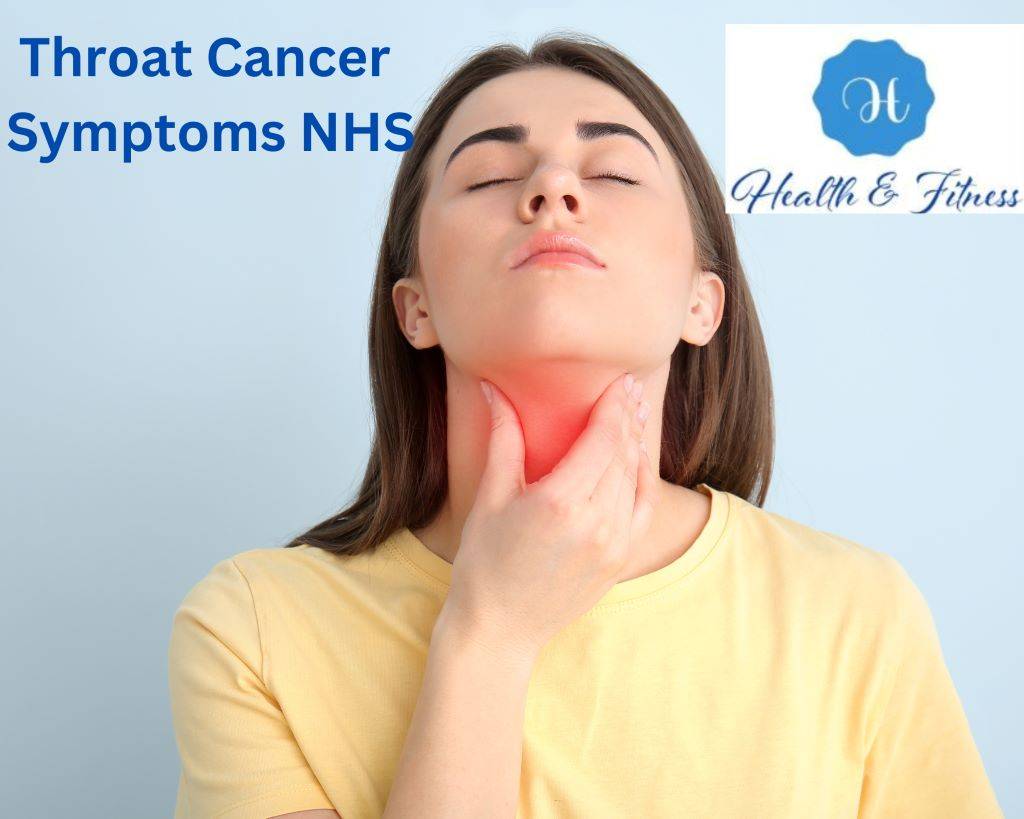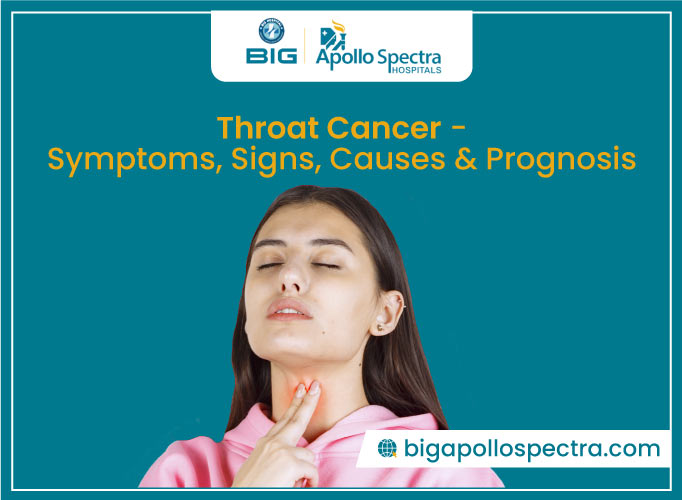Throat cancer, a type of head and neck cancer, affects the throat, voice box, or tonsils. Recognizing the symptoms early is crucial for timely diagnosis and effective treatment. This article delves into the various symptoms associated with throat cancer, offering insights to help you stay informed and proactive about your health.

Key Takeaways
- Throat cancer symptoms can vary, but common ones include persistent sore throat, difficulty swallowing, and voice changes.
- Early detection significantly improves treatment outcomes.
- Understanding the risk factors and symptoms can aid in early diagnosis.
Common Throat Cancer Symptoms
The symptoms of throat cancer can often be mistaken for less serious conditions, which is why awareness is key. Here, we explore some of the most common symptoms associated with throat cancer.
Persistent Sore Throat

A sore throat that doesn’t go away despite treatment is a common early sign of throat cancer. Unlike a typical sore throat caused by a cold or infection, this symptom persists for weeks and may gradually worsen.

Difficulty Swallowing
Also known as dysphagia, difficulty swallowing can manifest as a sensation of food being stuck in the throat. This symptom often leads to weight loss and nutritional deficiencies as eating becomes increasingly challenging.
Voice Changes
Changes in your voice, such as hoarseness or a persistent change in tone, can be an early indicator of throat cancer. If these changes last more than two weeks, it’s advisable to consult a healthcare professional.
Ear Pain
Unexplained ear pain, especially if it occurs on one side, can be a symptom of throat cancer. This pain is typically not accompanied by hearing loss, distinguishing it from ear infections.
Swelling or Lumps
Swelling or the presence of lumps in the neck or throat area can indicate throat cancer. These lumps may not be painful but should be evaluated by a doctor if they persist.
Unexplained Weight Loss

Unexpected weight loss can occur as a result of difficulty swallowing or loss of appetite. While not exclusive to throat cancer, it is a symptom that warrants further investigation.

Chronic Cough
A persistent cough, especially one that includes blood, can be a sign of throat cancer. This symptom should be promptly addressed with medical attention.
Risk Factors for Throat Cancer
Understanding the risk factors associated with throat cancer can help in early detection and prevention. Some of the most significant risk factors include:
- Smoking and Tobacco Use: The use of tobacco products, including cigarettes and chewing tobacco, is a major risk factor.
- Excessive Alcohol Consumption: Heavy alcohol use can increase the risk of developing throat cancer.
- Human Papillomavirus (HPV): Certain strains of HPV are linked to throat cancer.
- Age and Gender: Throat cancer is more common in older adults and is more prevalent in men than women.
- Diet: A diet low in fruits and vegetables may increase the risk.

When to See a Doctor
If you experience any of the symptoms mentioned for more than two weeks, it is crucial to seek medical advice. Early diagnosis can significantly impact the treatment success rate. A healthcare professional can perform necessary tests, such as a biopsy or imaging, to determine the cause of your symptoms.
Diagnosis and Treatment Options
Once symptoms are evaluated, and throat cancer is suspected, several diagnostic tests may be conducted, including:
- Endoscopy: A procedure where a flexible tube with a camera is inserted through the nose or mouth to examine the throat.
- Biopsy: A sample of tissue is taken from the throat to look for cancer cells.
- Imaging Tests: CT scans, MRIs, or PET scans help visualize the extent of cancer.
Treatment options vary depending on the stage and location of the cancer, and may include:
- Surgery: Removing the tumor and surrounding tissue.
- Radiation Therapy: Using high-energy rays to target and kill cancer cells.
- Chemotherapy: Using drugs to destroy cancer cells, often used in conjunction with radiation therapy.
- Targeted Therapy: Drugs that specifically target cancer cells without affecting normal cells.
Being informed about throat cancer symptoms is crucial for early detection and treatment. If you notice persistent symptoms such as a sore throat, voice changes, or difficulty swallowing, seek medical advice promptly. Understanding the risk factors and maintaining a healthy lifestyle can also play a significant role in prevention. Stay proactive about your health, and consult healthcare professionals for any concerns.